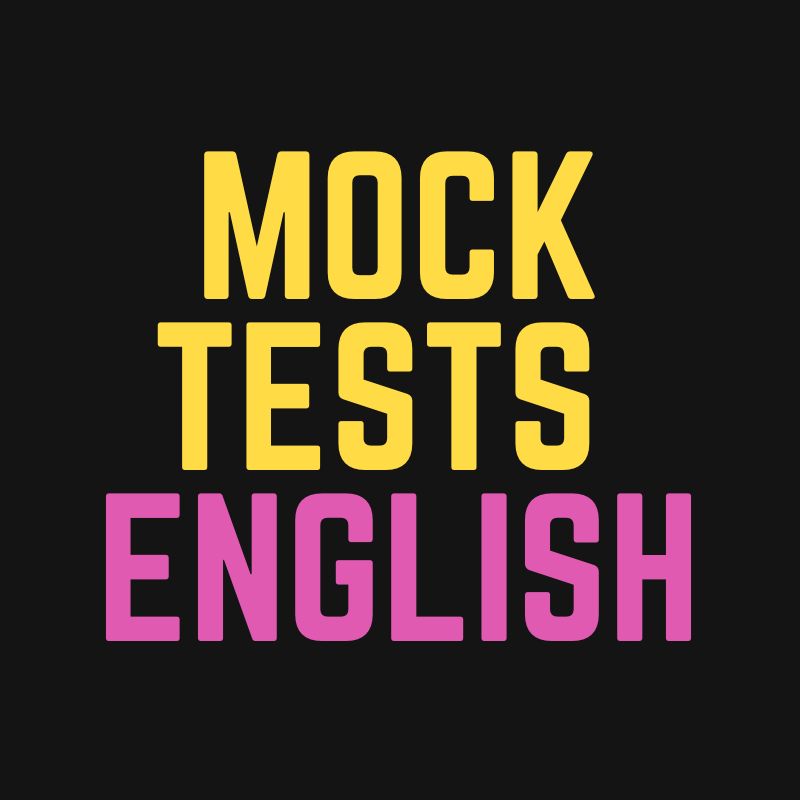
The IELTS (International English Language Testing System) is a globally recognized standardized test designed to assess the English language proficiency of non-native speakers. It is widely accepted for purposes such as higher education, immigration, and professional certification.
Key Features of IELTS:
- Test Formats:
- IELTS Academic: For those applying to universities or professional organizations in English-speaking countries.
- IELTS General Training: For individuals migrating to English-speaking countries (e.g., Australia, Canada, UK) or for work and training purposes.
- Test Sections: The IELTS evaluates four language skills:
- Listening (30 minutes): Four recorded monologues and conversations.
- Reading (60 minutes): Three reading passages with varying types of questions. The content differs for Academic and General Training formats.
- Writing (60 minutes): Two writing tasks:
- Academic: Describe a graph, chart, or diagram (Task 1) and write an essay (Task 2).
- General: Write a letter (Task 1) and an essay (Task 2).
- Speaking (11–14 minutes): A face-to-face interview involving an introduction, a short speech, and a discussion.
- Scoring System:
- The IELTS is scored on a band scale of 0 to 9 for each section.
- The overall band score is an average of the four section scores, rounded to the nearest half or whole band.
- Duration:
- The entire test takes about 2 hours and 45 minutes.
- Test Delivery:
- Available in paper-based or computer-based formats.
- Speaking tests are conducted in person or via video.
- Validity:
- The IELTS score is valid for two years.
- Acceptance:
- Recognized by over 11,000 organizations worldwide, including universities, governments, and employers in countries such as the UK, USA, Australia, Canada, and New Zealand.
- Registration and Fees:
- Candidates can register online via the official IELTS website or through test centers.
- Fees vary by country but typically range between $200–$250 USD.
Why Take IELTS?
- To meet language requirements for immigration or citizenship in English-speaking countries.
- For admission to English-taught academic programs.
- To demonstrate English proficiency for professional or career advancement.
